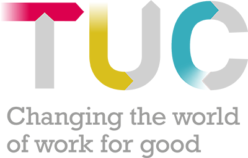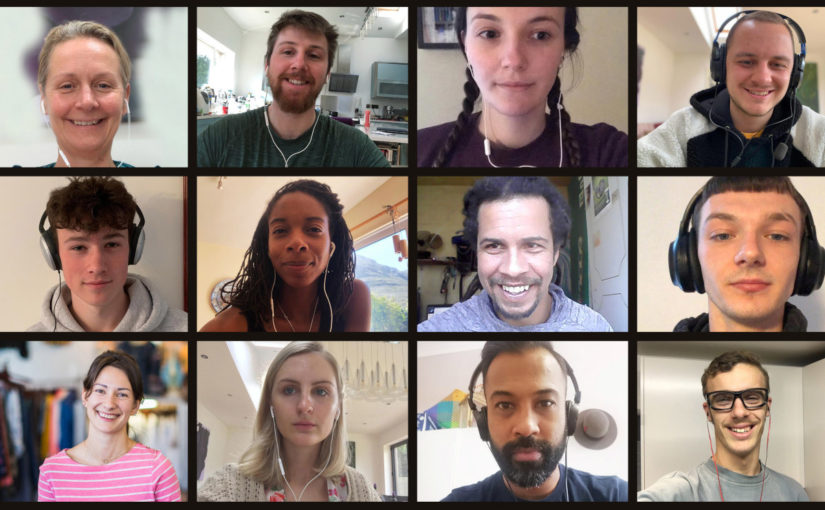Many unions found that the number of people attending union events and meetings rose during the pandemic, as events moved online. Also the diversity of members attending grew, as many of those who had previously found in-person meetings difficult could now join in.
But online events are not universally inclusive either, and present many of their own issues for inclusivity. There’s now a challenge to unions to make sure as many people as possible can participate as fully as possible.
We’ve worked with Equity and access consultant Chloë Clarke on accessibility and inclusivity for online union meetings. We aimed to produce framework guidance that unions could adapt for their own activists.
We started with a survey of over union 100 reps and members, asking about what has worked well or badly so far in the online meetings they have run.
This did three things. Firstly it really helped us validate our initial assumptions on how reps felt about the issues, and whether they might be receptive to our plans.
Secondly, it also gave us a wide range of perspectives from different local union situations, including some very helpful tips.
And thirdly it helped us look at how experiences might differ between different groups. We also asked a wide range of questions about people’s demographic details. That included the types of technology they had access to, and how many union meetings they typically attended (before and since the pandemic).
We sought additional expert feedback from members of the TUC Disabled Workers’ Committee and equality policy officers. This was through a workshop looking at the user journey of a rep in planning and delivering an inclusive meeting. We also reviewed existing sources such as union materials and The Sisters of Frida’s access guidance. We’re grateful to everyone who has contributed so far, particularly Ann Galpin of NUJ and Amy Bishop of Prospect.
We hope the resulting framework document could help unions kick off their own projects, and produce guidance appropriate to their situation. This isn’t a statement of TUC policy, or policy of any affiliate union. Rather it’s a potential starting point for unions that don’t yet have their own resources in this area and would like to develop them.
You can download the document in Word or pdf format here.
If you have comments or would like to talk about adapting and using this in your own union, please do get in touch.

